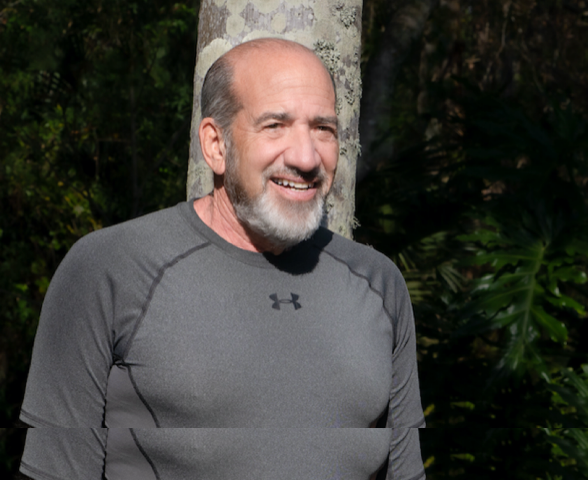Tell us about yourself.: I am a Professional Organizer and the owner/operator of Just Focus and Reorganize, LLC (JFR). I started playing...


Tell us about yourself.: I am a Professional Organizer and the owner/operator of Just Focus and Reorganize, LLC (JFR). I started playing...

Tell us about yourself.: I'm Kristina and I'm a YA fantasy author based out of Ohio. I'm originally from Flushing, Queens,...

Tell us about yourself.: Yurie Kiri is a shy, secretive person who used to live on a boat, sailing between various ports in the Pacific...

Tell us about yourself.: I am a retired psychoanalyst and creator of leadership development programs for women in the business world. I...

Tell us about yourself.: My name is Sarah Alserhaid, debunking reality and challenging (and scientific) norms is what I do every day. As a...

Tell us about yourself.: I’m rather complex, but I strive every day to live as simply as possible. Throw in honesty and truth at all costs...

Tell us about yourself.: I have published 5 novels and 7 novellas and 32 short stories traditionally. Also, a screenplay I wrote was...

Tell us about yourself.: My love for writing started in high school with a first-place award in a themed essay competition. Born with a...
Tell us about yourself.: Her father left the family when she was six years old, so she was raised by her mother. Her dog died when she was...

Tell us about yourself.: I am a stroke survivor in my 50s. Before my stroke, I used to pride myself as being in the pink of health and as...

Tell us about yourself.: Married, Father of 4, Boston University graduate. Studied popular piano at Berklee Music. Frequent contributor to...

Tell us about yourself.: I grew up in the lower east side of Manhattan and Cambridge, MA. I am retired and live in Southern Oregon. I...